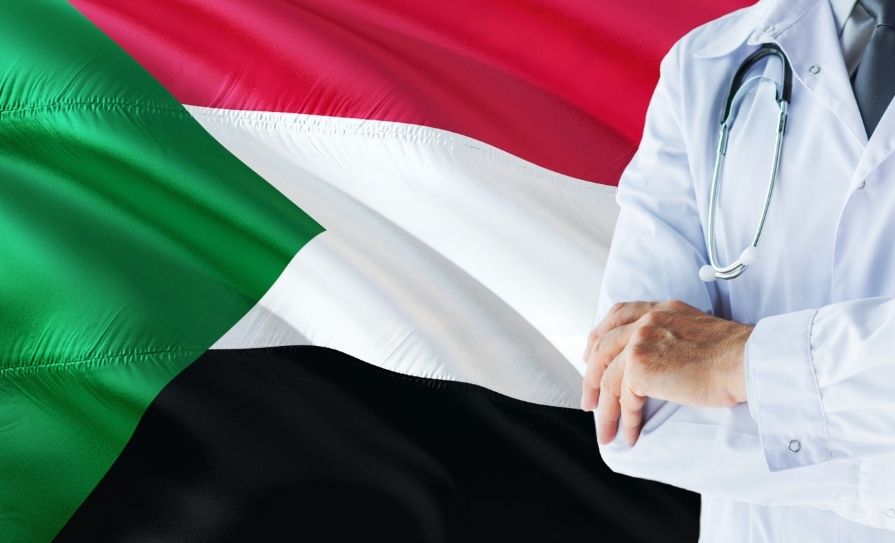The IMO has strongly endorsed calls to increase the availability of Covid-19 vaccines in developing and low income countries.
The Council of the IMO last night unanimously voted to back the efforts of Doctors for Vaccine Equity to support the TRIPS Waiver, facilitate urgent global redistribution of current vaccine supplies and ensure that any strategy for booster vaccines is ethical within a global context.
President of the IMO Dr Ina Kelly commented: “Clearly there is an ethical dimension to this issue but even without that, the rise of Omicron shows that it is in our own self-interest to increase the worldwide levels of vaccination against the virus. The virus finds the weakest link and the weak link currently is the low levels of vaccine in the poorest parts of the world.”
The TRIPS waiver is a motion put to the World Trade Organisation to waive (temporarily) intellectual property rights for health technologies needed to prevent, contain, or treat Covid-19, and complements the WHO COVID-19 Technology Access Pool (C-TAP).
This waiver would remain in place “until widespread vaccination is in place globally, and the majority of the world’s population has developed immunity.”
The Irish Government has recognised the need for vaccine equity but needs to follow this up by supporting the TRIPS waiver, as the other methods are not proving successful, according to the IMO.
To facilitate global redistribution, the Government needs to ensure there is no vaccine hoarding and vaccine waste. “Ireland and the EU must immediately seek to redistribute vaccine supplies to countries with low vaccination rates, working with COVAX, and by fulfilling their dose-sharing pledges immediately,” stated the union.
Ireland also needs to seek to address the root causes of vaccine inequity to address the issue successfully.
The IMO noted that the pandemic presents a rapidly evolving situation and Ireland’s roll-out of boosters has been accelerated because of the concerns regarding the Omicron variant.
“However we must remember that means fewer doses for those who have not yet had any vaccine in low-income countries, including healthcare workers and vulnerable people. This raises ethical global issues, as well as the risk of ongoing mutations in unvaccinated populations.”













Leave a Reply
You must be logged in to post a comment.